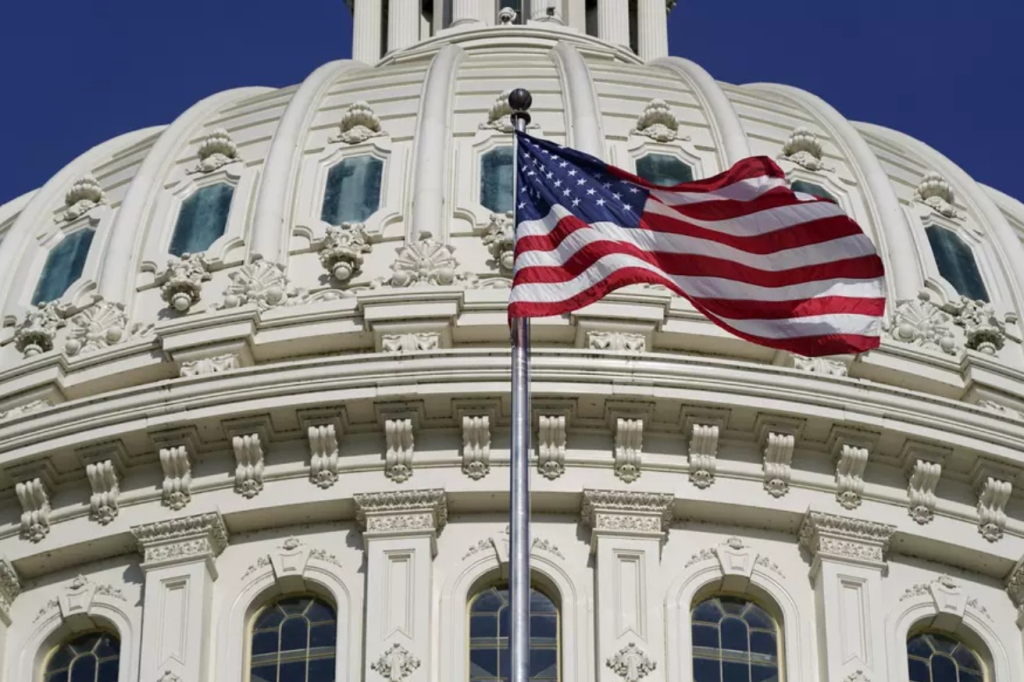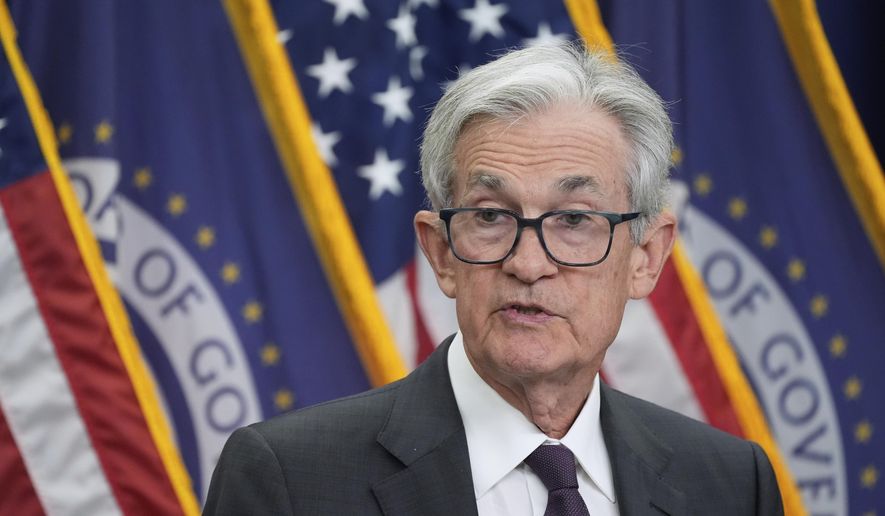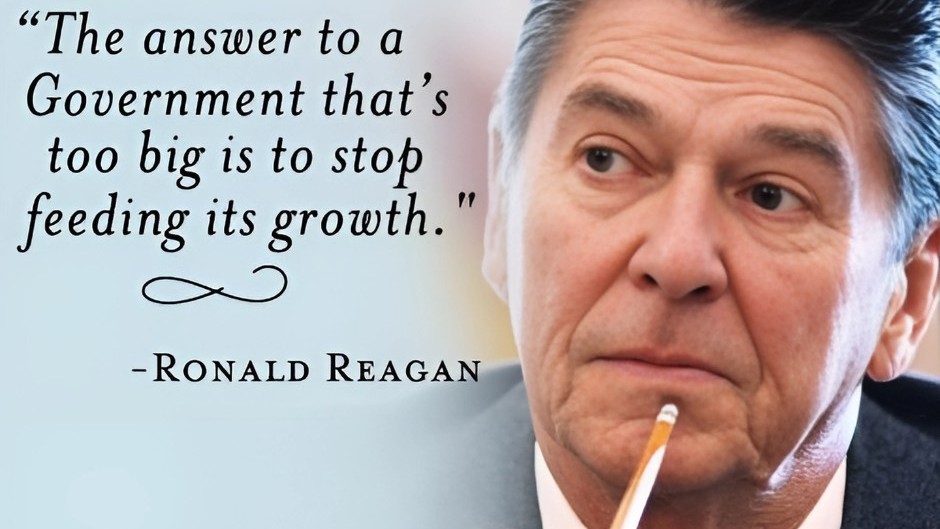
Caleb Smith | May 18, 2025
(The Washington Times) — In the summer of 2017, Washington, D.C. was not just sweltering in heat—it was smoldering with political disappointment. Republicans had just failed to repeal Obamacare, despite a decade of promises.
I was the Digital Communications Director for Speaker Paul Ryan at that time—a job I also held for Speakers John Boehner and Kevin McCarthy—and those closed-door meetings in the days that followed were disorienting. Congressional Republicans spent August licking our wounds. But by September, we were determined to show the American people that we deserved the majorities they gave us.
We found our focus: Tax reform. We’re talking sweeping, pro-growth, once-in-a-generation reform. We lowered rates, closed loopholes, and made the U.S. competitive again. But here’s the truth—it only happened because we failed first. We knew the stakes. We built a unifying message. We got to work. And even then, 19 Republicans voted against the Tax Cuts and Jobs Act (TCJA).
Fast forward to today. Republicans are once again staring down the barrel of major tax policy decisions. Key provisions from the TCJA are set to expire, including the pass-through deduction and the historically low corporate tax rate. But unlike 2017, there’s no clear playbook, no coordinated roadshow, and no compelling message beyond “pass Trump’s agenda.”
Here’s the reality: if Congress fails to act, Americans won’t just miss out on new tax cuts; they’ll be on the receiving end of the largest middle-class tax hike in history. House Speaker Mike Johnson made that exact point in a recent X article.
That should be the rallying cry this time around. According to the latest research from the Tax Foundation, nearly two-thirds of Americans would experience a tax hike in 2026 if the TCJA expires. The good news is polling by the Independent Women’s Forum shows that 79% of Americans agree that the tax cuts should be extended.
And while Grover Norquist, President of Americans for Tax Reform, reminds us that no Republican in the House or Senate has voted for a tax increase in the last 35 years, this is far from a sure thing. Less than a third of current Republicans in the House were incumbents in 2017. The party lacks not only the institutional memory of how to succeed, but also the memory of how painful failure can be. Without that experience, it’s easy to underestimate the work ahead.
Success this time around will take more than legislative strategy. It will take the country speaking up. Businesses—especially those worried about uncertainty from tariffs—can’t sit on the sidelines. This is a moment for employers, taxpayers, and all concerned citizens to speak up.
Call. Email. Show up. Share your story. The rules for the next decade are being written right now.
The White House understands this. According to the Council of Economic Advisors, a TCJA extension would boost annual wages by as much as $3,300 per worker. That’s something all Americans can celebrate, regardless of party affiliation. Yes, there’s political risk. But there’s also an opportunity to modernize the tax code, empower workers, and ensure the U.S. remains competitive in an energy-hungry, AI-driven global economy. That takes more than slogans. It takes leadership, storytelling, and political courage.
Will all Republicans (and some Democrats) stand up on Capitol Hill, or fall victim to inaction yet again?
There are far too many livelihoods at stake for our legislators to do nothing.
Congress has been here before. Republicans lost before we won in 2017.
Let’s not make the same mistake twice. Let’s get tax reform done—one more time.
Caleb Smith serves as president of Drive Public Affairs.




















